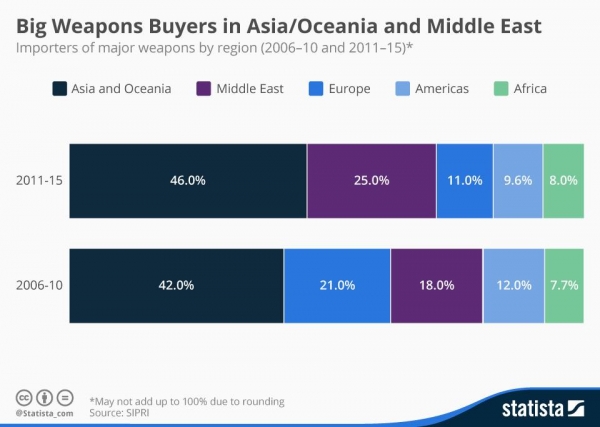
“McDonald’s” takes from China
McDonald’s completes sale of rights to manage its restaurants in China and Hong Kong. Caused by a decrease in market share and complexity of the operating environment, this step will allow the company to maintain a presence in China without the burden of ownership.
The world’s largest chain of fast food restaurants is considering offers from leading groups: the American private equity firm Carlyle Group and CITIC Group, TPG Capital and Wumart stores, Beijing as well as Tourism and retail giant Chinese Sanpower Group, reports Reuters.
Competitor McDonald’s Inc. company Yum Brands Inc., owning the largest food chain of KFC China, and also sells your business. KFC and McDonald’s are currently the No. 1 and No. 2 in fast food chains in China. The first KFC opened in Tiananmen square in Beijing in 1987 and McDonald’s a few years in the southern Chinese city of Shenzhen.
The decision to abandon one of the world’s largest markets for fast food means a sharp turn to the two giants of fast food, once hailed as key examples of how American companies can succeed in a Communist country.
But KFC and McDonald’s are leaving China in different ways.
Yum decided to separate Yum China as a separately registered company on the new York stock exchange. Yum China recently found a large Chinese investors, Primavera Capital and Ant Financial Services Group as the primary on the eve of the listing in November. Primavera founded by the former head of Goldman Sachs Group Inc.’s Greater China, and Ant is a subsidiary of Internet giant Alibaba Group.
“McDonald’s has chosen a different path. Instead of having to sell the business as a whole, the company will sell the current agreement has a 20-year franchise. This ensures that McDonald’s will retain branding and the rights to develop products for existing and new restaurants, much like he did in the United States.
The 20-year license to operate the restaurants “McDonald’s” could fetch $3 billion, analysts predict.
The decline in market share
McDonald’s and Yum had lost its former glory, faced with declining market share in China.
Since 2010, the share of Yum in the fast food market of China decreased from 39% to 23.9% in 2015. During the same period, the market share of McDonald’s fell from 15.1% to 13.8%, according to research firm Euromonitor.
Yum has around 8,000 retail outlets in China, mostly KFC restaurants and Pizza Hut, generating half of revenues and profits. “McDonald’s” 2 of 200 restaurants in China. While both companies have opened new restaurants last year, their market share decreased.
Unfriendly operating environment
McDonald’s and Yum — one of the world’s most successful fast food chains with nearly 30 years experience in China. What caused the decline in market share in recent years?
The main problem in changing consumer taste. In the first decade of operation McDonald’s and Yum in China Western food was scarce, and, unlike the United States, where fast food is cheap and of low quality, McDonald’s hamburgers and fried chicken KFC was considered fine cuisine. Chinese consumers have visited these restaurants on special occasions, and the prices were relatively high.
In recent years, the average income in China has grown, consumers have become more selective. American brands of fast food are currently working in the price range of conventional restaurants. However, fast food is gradually passed into the hands of local competitors that sell Chinese, Japanese food and fried chicken at lower prices than American fast food.
Another significant obstacle to the “McDonald’s” is the policy of the Communist party of China, which in recent years has favoured the development of domestic business, at the same time marginaliser foreign competitors.
In 2014, China Central television reported that a meat supplier Shanghai Husi Foods allegedly sold meat with expired shelf life for several American branded restaurants, including McDonald’s, KFC, Papa John’s and Burger King.
Restaurants that belong directly to foreign companies also face difficulties in finding suitable real estate for new stores. Negotiations are often held face-to-face with the local dealers, and these U.S. companies operating in accordance with the Law on corruption abroad, often lower than local competitors.
For McDonald’s and other foreign companies transfer of control solves a lot of problems, so did Wal-Mart and Hewlett-Packard. Given this, the “McDonald’s” reasonably lost ownership of their Chinese restaurants to local partners. This step can generate a steady income from royalties and higher growth potential as the company still occupies a prominent place in the fast food market.








